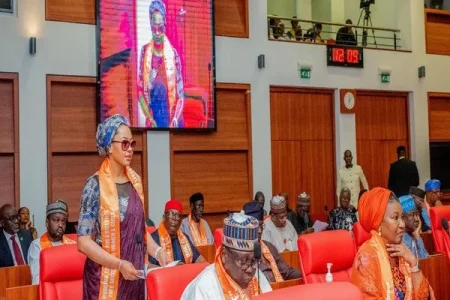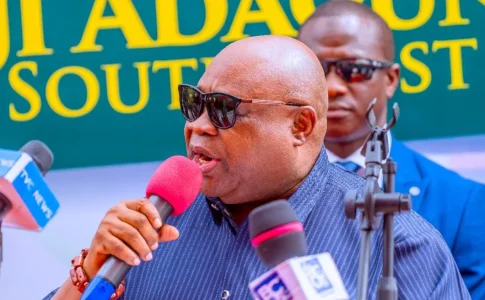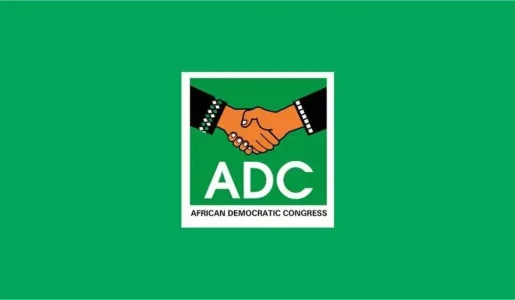
Senator Natasha Akpoti-Uduagan's political fate will be decided by a referendum within 90 days, following a recall petition from her constituents in Kogi Central. INEC is verifying signatures, and if successful, a public vote will determine her future. The process highlights the complexities of Nigeria’s recall system.
The political future of Senator Natasha Akpoti-Uduagan, representing Kogi Central Senatorial District, is now in the hands of the Independent National Electoral Commission (INEC), which is set to verify a recall petition within 90 days. Constituents from the district submitted the petition last week, accusing the senator of “gross misconduct,” abuse of office, and deceit. To trigger a referendum, the petition requires more than half of the registered voters' signatures in Kogi Central, a condition that must be met for INEC to proceed.
The petition comes after Akpoti-Uduagan was suspended from the Senate on March 6, following a disagreement with Senate President Godswill Akpabio. The signatures were collected from 902 polling units across the five local government areas of the district. If verified, INEC will announce the referendum's schedule, marking a critical moment in the senator's career. However, if the petition fails to meet the necessary threshold, INEC will issue a notice confirming the insufficiency of support.
Experts, including Debo Adeniran of the Centre for Anti-Corruption and Open Leadership, suggest that the recall process is often complex and challenging but vital for strengthening Nigeria’s democracy. Advocacy groups like the Civil Society Legislative Advocacy Centre argue for a national debate to streamline the recall procedure, ensuring that it is grounded in legitimate public concerns.
The upcoming decision will test Nigeria’s democratic practices, as the outcome of the recall could set a precedent for future legislative recalls.




